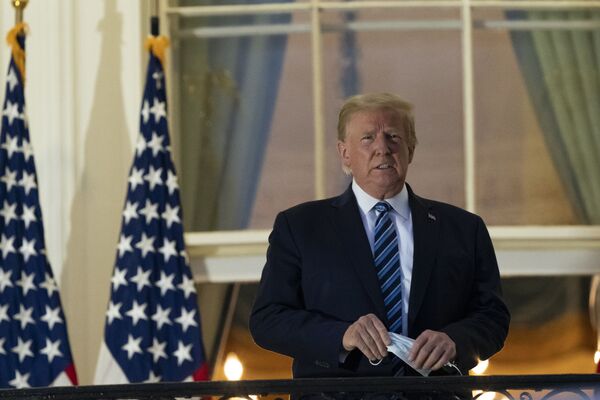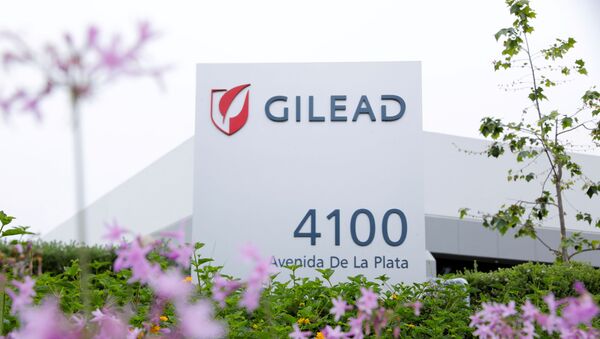On Thursday, the World Health Organization (WHO) advised doctors against using Remdesivir as a treatment for COVID-19 patients, saying that there is "no evidence" that the drug shortens recovery time.
The recommendations were published by the WHO Guideline Development Group, which provides advice based on the most recent data, in the British medical trade journal The BMJ.
“After thoroughly reviewing this evidence, the WHO GDG expert panel, which includes experts from around the world including four patients who have had covid-19, concluded that remdesivir has no meaningful effect on mortality or on other important outcomes for patients, such as the need for mechanical ventilation or time to clinical improvement,” the group wrote in a press release.
The WHO recommendations were based on results of four international drug trials involving over 7,000 patients infected with the coronavirus disease.
In response, Gilead stated that the drug was recognized by some health institutes in the US, as well as several expert communities in Japan, the UK and Germany.
“We are disappointed the WHO guidelines appear to ignore this evidence at a time when cases are dramatically increasing around the world and doctors are relying on Veklury as the first and only approved antiviral treatment for patients with COVID-19 in approximately 50 countries,” Gilead spokesman Chris Ridley said in a statement cited by CNBC.
Under the brand name Veklury, the drug is administered intravenously, and is recommended to be used only in clinical settings comparable to hospital inpatient care.
The FDA officially approved the use of remdesivir in October, making it the first approved COVID-19 treatment in the US. Gilead referred to this approval as a "milestone" that indicated a "shared commitment" to help speed the healing of those infected by the novel coronavirus.

Remdesivir came to the attention of the public earlier this year after being reported to have reduced recovery times for some patients infected with COVID-19. According to one doctor who treated US President Donald Trump, when the latter became infected with the disease, he was given the drug to shorten the time of his recovery.
The first vaccine against COVID-19, Sputnik V, registered in August in Russia and the world, is currently undergoing phase 3 trials in Russia, Belarus, Venezuela and the UAE. The vaccine is reported to have a 92-percent efficacy in preventing the infection, according to data from trial participants who have received both of the two vaccine injections.


